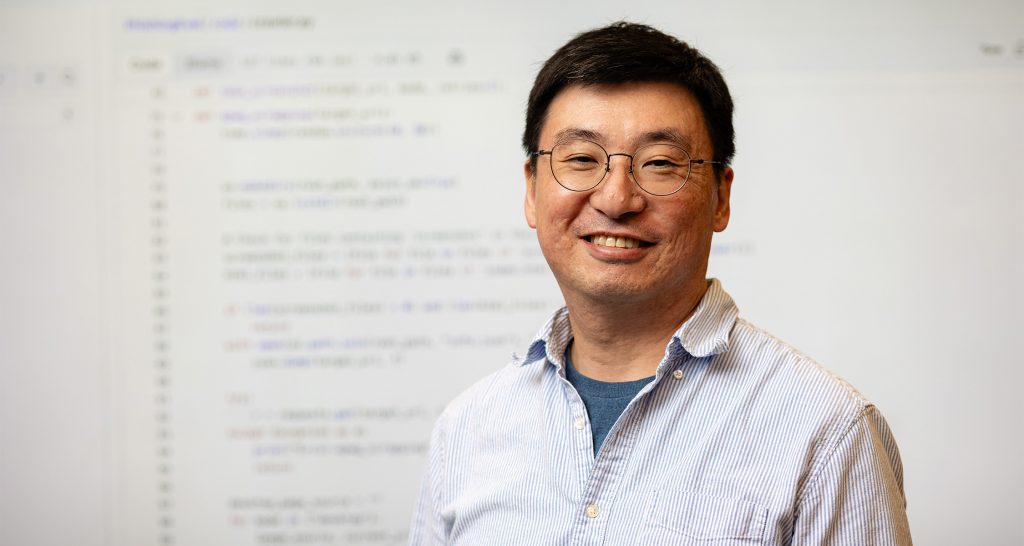Doowon Kim, an assistant professor in the Department of Electrical Engineering and Computer Science, received a Distinguished Paper Award at The ACM (Association for Computing Machinery) Conference on Computer and Communications Security (CCS).
The prestigious conference, which was held October 13–17 in Taipei, Taiwan, is one of the top four conferences in cybersecurity in the world. Kim co-authored a paper titled: A Decade-long Landscape of Advanced Persistent Threats: Longitudinal Analysis and Global Trends, which offers a longitudinal (10 years) perspective on covert, long-term cyberattacks, connecting key insights and global trends in past Advanced Persistent Threat (APT) attacks.
An APT is typically conducted by state-sponsored actors, targeting critical sectors (e.g., nuclear facilities) and often remaining undetected for long periods. In response, collective intelligence from around the globe collaborates to identify and trace surreptitious activities, generating substantial documentation on APT campaigns publicly available on the web.
While prior works mostly focus on specific aspects of APT cases, limited attention has been devoted to investigating these scattered reports in a longitudinal manner. The research by Kim’s group aims to fill that gap.
Although most of their observations aligned with expectations, their findings also discovered interesting—but less known—facts such as a wide range of attack durations, self-directed attacks, and notable prevalence of one-day common vulnerabilities and exposures.
“Receiving this distinguished paper award from ACM CCS is a tremendous honor for our team,” Kim said. “Advanced Persistent Threats represent some of the most sophisticated and damaging cyberattacks facing critical infrastructure today, yet they’ve never been studied longitudinally at this scale. We’re excited that this decade-long analysis is helping the security community better understand APT evolution and global patterns, and we hope it will inform more effective defense strategies against state-sponsored threats.”
More information can be found by exploring the APT map and the top 30 countries participating in APTs.
Contact
Rhiannon Potkey (rpotkey@utk.edu)
